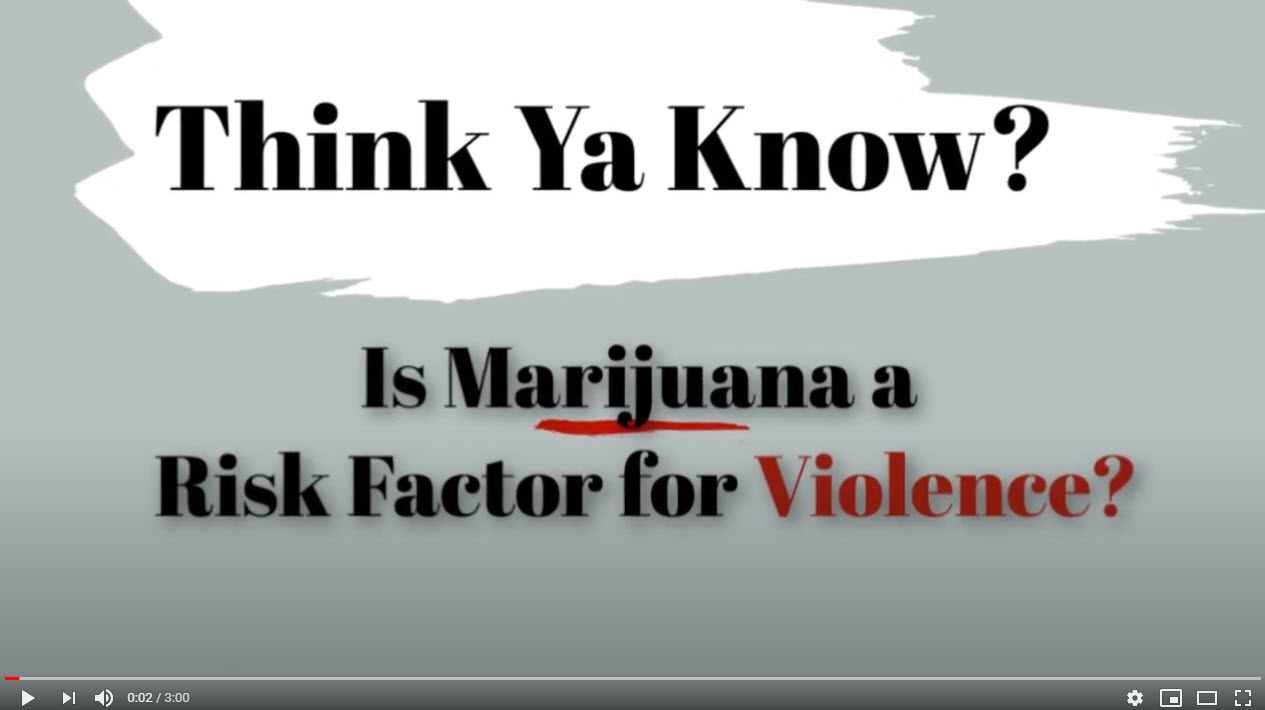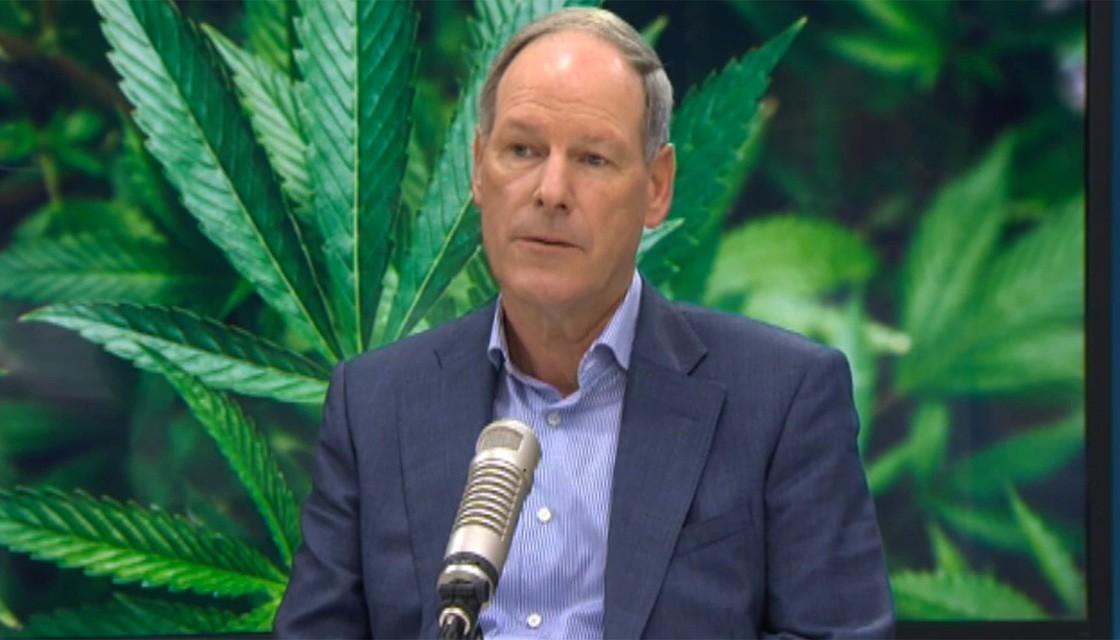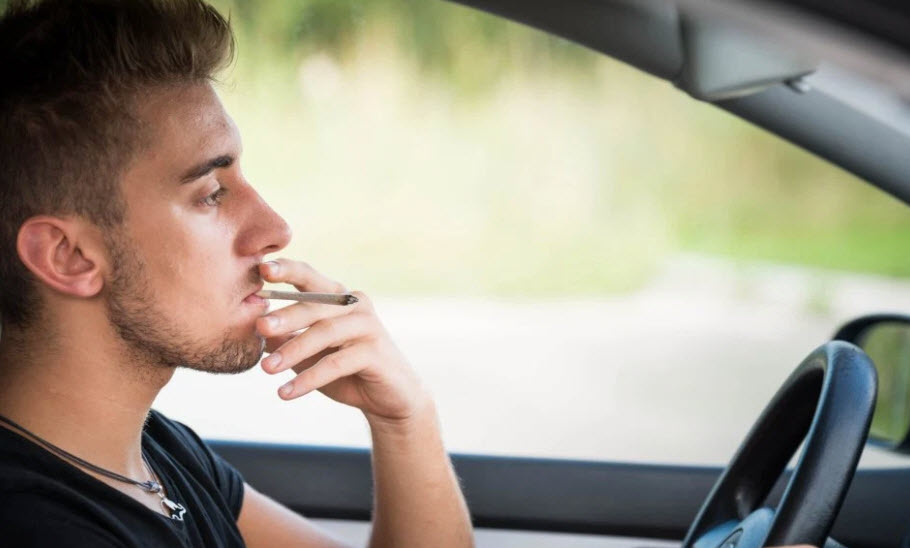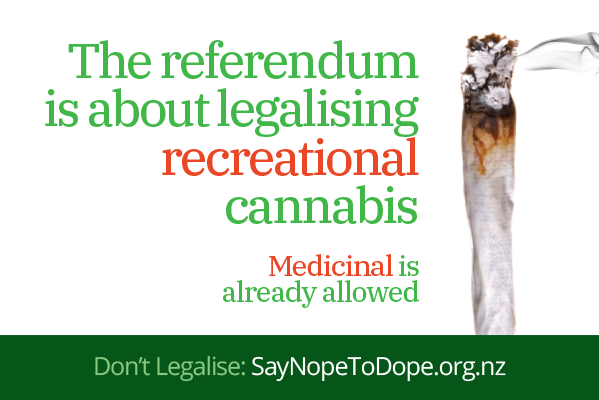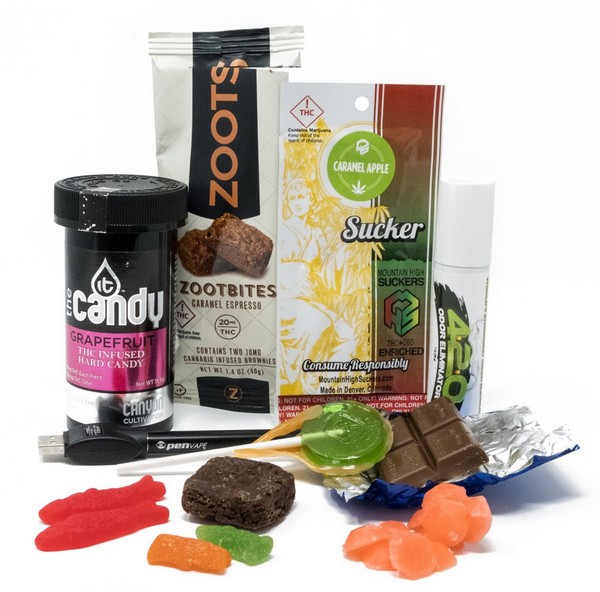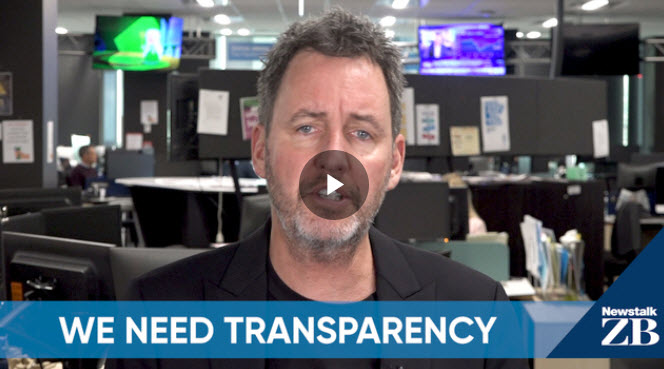
Radio NZ 18 June 2020
Our additional comment: “The report shows almost one in three Māori live with mental illness or addiction compared with one in five in the general population.”
Until we can fix our mental health system, the last thing we should do is add demand by legalising a mind-altering drug such as cannabis.
Mental health and addiction services have got worse for Māori since work began to overhaul the system nearly two years ago and serious gaps remain for young mums and those in forensic units, according to a new report from the mental health commissioner, Kevin Allan.
Allan, who released his latest monitoring report yesterday, said those with serious and complex problems were still missing out.
He noted there had been “significant progress” since his last full report – He Ara Oranga in 2018 – especially in early support available through primary and community care and in laying the foundations for a new stand-alone Mental Health and Wellbeing Commission, which will be up and running in 2021.
However, many of the problems highlighted in the report were “stubbornly similar” to those raised previously, he said.
“We’re moving backwards when it comes to Māori.”
The report shows:
- Almost one in three Māori live with mental illness or addiction compared with one in five in the general population.
- In 2018 (the latest available figures), 6317 people were subject to a community treatment order (compulsory treatment), an increase of three percent over one year, of whom 38 percent were Māori.
- 44 percent of those put in seclusion (where patients at risk of self-harm or violence towards others are confined to an empty cell to “calm down”).
- Suicide is the leading cause of maternal mortality, with Māori whānau most affected.
There were, however, signs of progress, including increased investment in kaupapa Māori approaches, Allan said.
“All services need to work for Māori and be culturally safe. Strengthening Māori participation and leadership in the design and delivery of services is essential – both for improving outcomes and meeting obligations under Te Tiriti o Waitangi.”
Another area in need of urgent attention was the lack of specialist forensic services.
READ MORE: https://www.rnz.co.nz/news/te-manu-korihi/419262/mental-health-and-addiction-services-moving-backwards-when-it-comes-to-maori-commissioner


